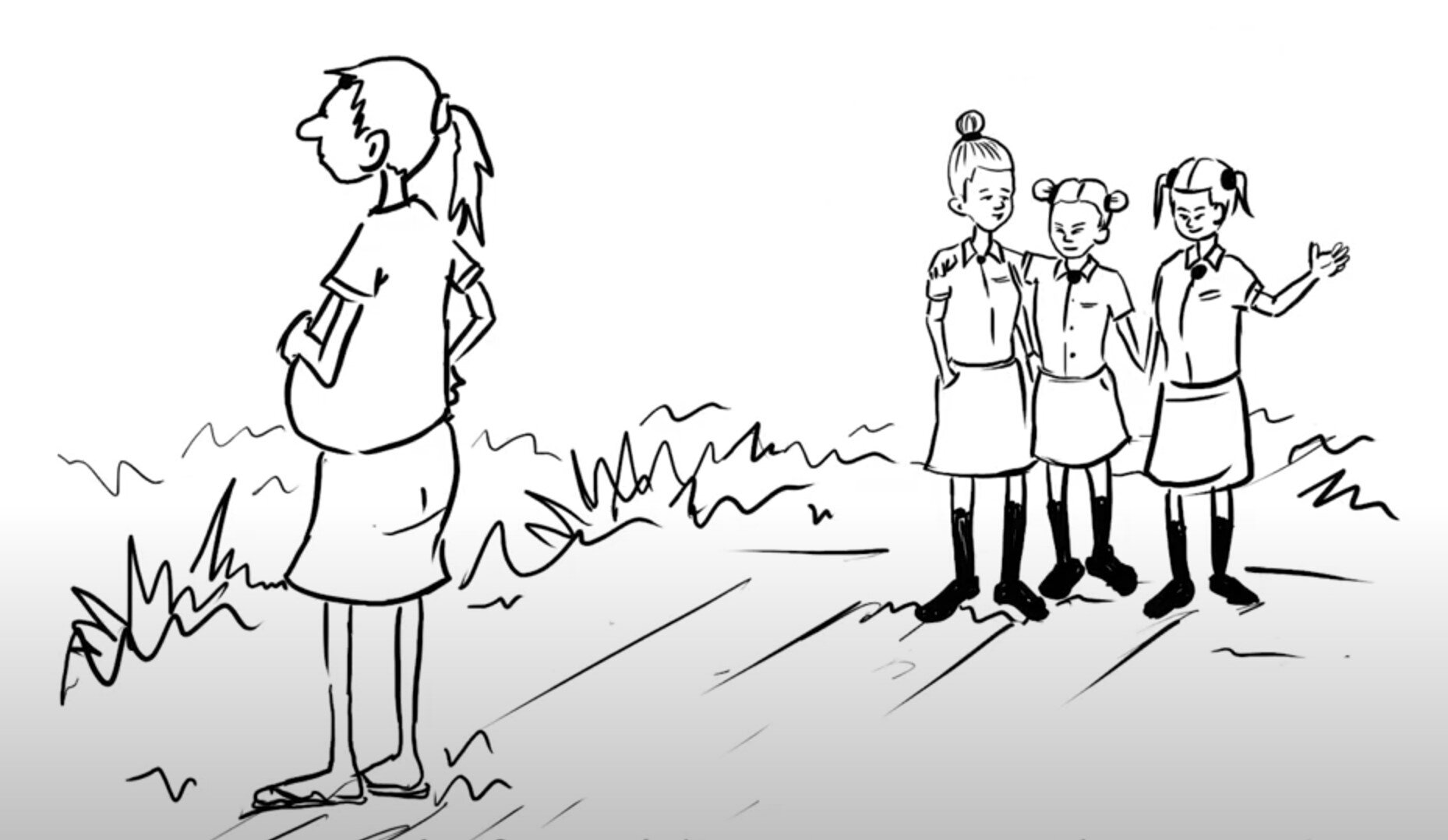Women who are unable to produce enough breast milk for their children are increasingly turning to “mother-to-mother” informal milk-sharing, a potentially unsafe practice that is discouraged by the pediatric medical community, according to new research being presented at the American Academy of Pediatrics (AAP) 2019 National Conference & Exhibition.
The research abstract, “Where to get Donor Breast Milk? Self-Reported Parental Motivations and Concerns Regarding the Choice of Informal Milk Sharing versus Milk Banks,” will be presented on Saturday, Oct. 26 at the Hilton New Orleans Riverside in Grand Ballroom A.
A related research abstract by the same author, “An Analysis of Parental Opinions of Human Milk Sharing Options,” will be presented during the same session.
“Informal milk sharing is becoming increasingly popular and widespread,” said Nikita Sood, researcher at Cohen Children’s Medical Center/Northwell Health in New York. “It is therefore crucial that physicians become aware of this practice and the associated risks so that they can educate patients and address this growing concern.”
More than 50% of 650 mothers who responded anonymously to a survey shared on Facebook said they did not have any safety concerns about the informally donated breast milk, and almost 80% did not medically screen the donors because they “trusted them.” AAP discourages the use of informally shared breast milk because of the risks of potential spreading of disease or exposure to medications, alcohol, illegal drugs or other contaminants.
AAP recommends exclusive breastfeeding until about 6 months of age, followed by continued breastfeeding as complementary foods are introduced. Women who are unable to produce enough milk to exclusively breastfeed their child may supplement infant diets with formula or donor breast milk that is available through formal milk banks. More than half of the survey respondents who do not use a milk bank to obtain breast milk cited concerns about the cost, followed by concerns about quality and ability to obtain a prescription for breast milk.
The related study, “An Analysis of Parental Opinions of Human Milk Sharing Options,” found a majority of online parenting blog posts that discussed milk-sharing focused on informal milk sharing without addressing safety concerns.
“Not only are our patients unaware of the potential risks that they are undertaking when participating in these informal milk sharing practices, they are also often not informing their physicians,” Ruth Milanaik, DO, at Cohen Children’s Medical Center/Northwell Health in New York said. “In addition to educating patients, physicians must underscore the importance of discussing these habits with medical professionals so that we have the necessary information to make accurate diagnoses should a medical need arise.”


